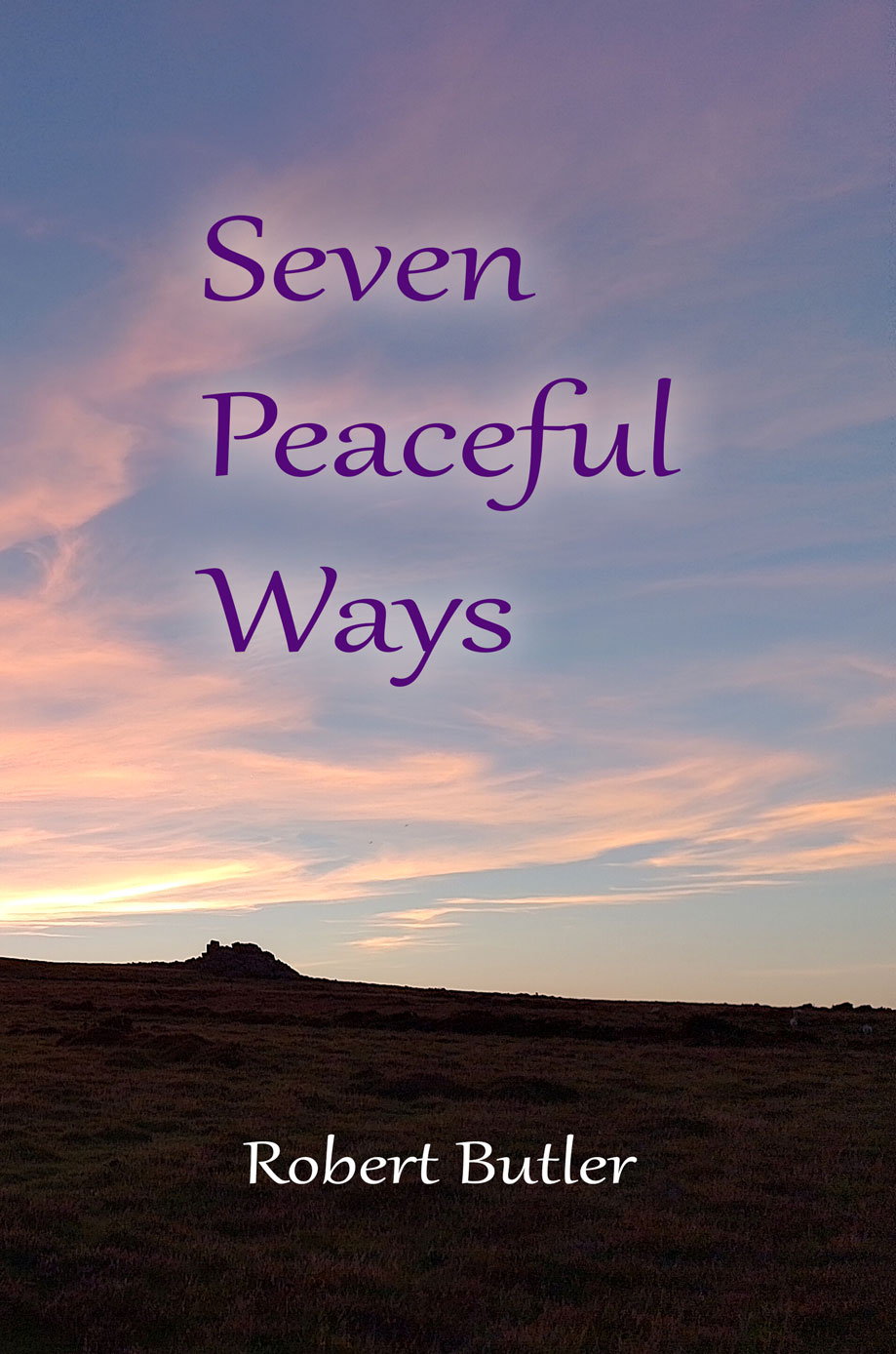When we resist “what is” we can be led into self-pity, complaining and blame. Life can seem very tough sometimes but if you are fortunate enough to be able to sit comfortably and read these words then you are one of the lucky ones. Rest assured that there are many people who are worse off than you are. Now you may become aware of this fact from time to time and even manage to live in the presence of this knowledge for extended periods of time, but sooner or later, when the challenges become tough enough, you will be tempted to feel sorry for yourself and indulge in self-pity which, in turn, can lead on to complaining. Self-pity can be seen as judgement and non-acceptance turned inwards. Complaining can then be seen as evidence that we are beginning to turn this judgement and non-acceptance outwards.
If something happens that we do not like, we need to remember that our experiences are simply mirroring back to us aspects of our own selves. If something turns out the way we didn’t want it to be we need to look at where we might be broadcasting conflicting vibrations to the world.
If something happens that we do not like, the best course of action is to switch our attention to the kind of outcome that we would like and to ask what is being mirrored back to us by the event that we don’t like.
Complaining is probably the most pointless habit that we can indulge in. It serves only to turn a spoonful of negativity into a shovelful.
As we refuse to accept our lives as they are, we can be tempted to blame some external factor or person for our suffering. This externalisation of our inner conflicts comes to most people at some time or other and is a by-product of our tendency to look outside of ourselves for reasons, explanations, guidance and answers. The truth is that as soon as we start blaming someone or something outside of us for creating limitation or suffering in our lives, we have already strayed from the path of working through our issues and taking responsibility for them.
You may believe that your partner is holding you back but your partner is merely serving as an outer symbol for the resistance which resides within you. Within your mind lies some kind of limiting belief which is difficult to get to grips with and therefore you externalise it in order to explore it.
Our greatest allies when tackling blame are awareness, mindfulness and watchfulness. Whenever we find that we are entering into blame, or already have done, we must be watchful and become aware of what we are doing. We then need to detach from this unhelpful behaviour and make a record of it. We need to develop the awareness that we have the tendency to blame in order to overcome it.
The truth is that it feels safer to blame someone else for our sense of limitation. If the source of limitation lies within us that means we need to face up to it and take responsibility for it which can be very daunting and scary. But the only place of value that blaming others can lead us is the realisation that blame is not going to help us.
Whenever we become aware of feeling limited and feel that there are external forces responsible for this limitation, we can best help ourselves by writing this down and contemplating it in the knowledge that the true power to overcome limitation lies within. This means firstly changing how we inwardly respond to limitation rather than seeking to change something in the outer world.
It may be that external circumstances are exerting a limiting force upon us, but the power to overcome that limitation comes from within us, not from outside of us. It is only our mental programming which tells us to constantly look outside of ourselves and fools us into believing that the way to overcome limitation is to take action in the outer world.
*** This chapter is taken from my book The Light Within ***

